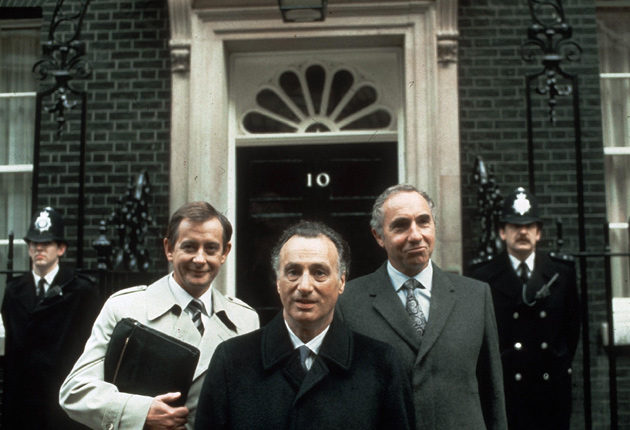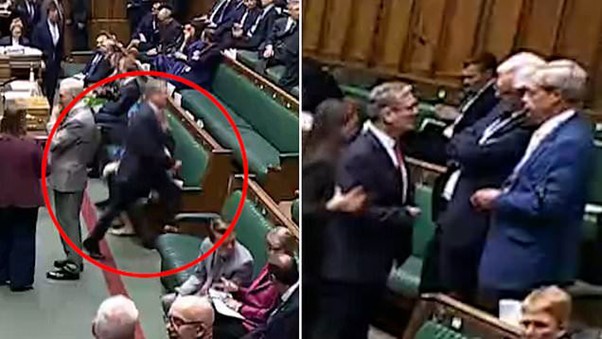Keir Starmer used Labour’s biggest stage not to set out a vision but to attack Nigel Farage—granting his rival the oxygen of free publicity. By Adel Darwish
The Labour Party’s annual conference this year was meant to be a decisive moment, a chance to remind its members, supporters and the wider electorate that Labour is ready to govern. Instead, it closed with more disappointment than inspiration. Speeches by party leaders are usually designed to be rallying cries, moments of energy that fire up activists and volunteers and arm them with a clear narrative to take to the doorstep. Keir Starmer, however, chose to spend the bulk of his address not outlining Labour’s vision for Britain but attacking Reform UK and its leader, Nigel Farage. In doing so, he handed his rival the one thing every politician craves—free publicity on the biggest stage available to Labour.
Nor was it only Starmer who fell into this trap. Several of his cabinet colleagues followed his lead, devoting large sections of their own speeches to attacks on Farage. The effect was to shift the image of the conference away from a confident party showcasing its programme of government, towards the spectacle of an anxious leadership rattled by a challenger advancing fast in the polls. It was an error of tone and judgement that made Labour look reactive rather than authoritative.
Alongside these speeches came policy announcements that seemed tailored more to mimic Reform’s rhetoric than to present Labour’s original ideas. Tougher migration policies were unveiled, including extending the waiting period before long-term visa holders can apply for British citizenship. These were clearly designed to signal that Labour, too, could be firm on immigration. Yet the question inevitably arises: will the public believe these are born of genuine conviction, or dismiss them as panicked reactions to Farage’s rise?
The polling numbers paint a sobering picture. Reform UK is projected to be ahead by between 100 and 170 seats in the next parliament, a gap that looks less like a swing of the pendulum and more like a landslide in waiting. Inside Labour itself, discontent is spreading: 54% of members want Starmer to go, while 34% of the party’s own MPs are also reported to favour his replacement. These are not marginal murmurs of dissent but signs of a party that no longer trusts its leader.
Starmer’s response to these pressures—attacking Farage harder and borrowing parts of his agenda—seems doomed to fail. Voters are unlikely to reward imitation. They may reasonably ask: why support a leader who shifts position under pressure, when they could vote for the original brand? By pursuing this path, Starmer risks strengthening Farage’s legitimacy instead of undermining it.
The deeper danger lies in what this conference says about Labour’s identity. Instead of presenting itself as the natural party of government, ready to step in after years of Conservative turmoil, Labour came across as nervous, uninspired and lacking in courage. The stage that should have projected authority and vision was reduced to a platform for settling scores with a rising rival.
What Labour urgently needs is not reactionary mimicry but authenticity: bold, convincing policies that feel rooted in its own values and a narrative that inspires confidence. It requires a leadership capable of finding a language (not just to scare the electorate of Reform), reflecting the hopes of ordinary Britons. Until that happens, Farage and his party will continue to fill the vacuum, gathering strength in both public opinion and parliamentary projections. Starmer, meanwhile, will go on squandering chances—perhaps the last chances—for Labour to reassert itself as a credible alternative government.

